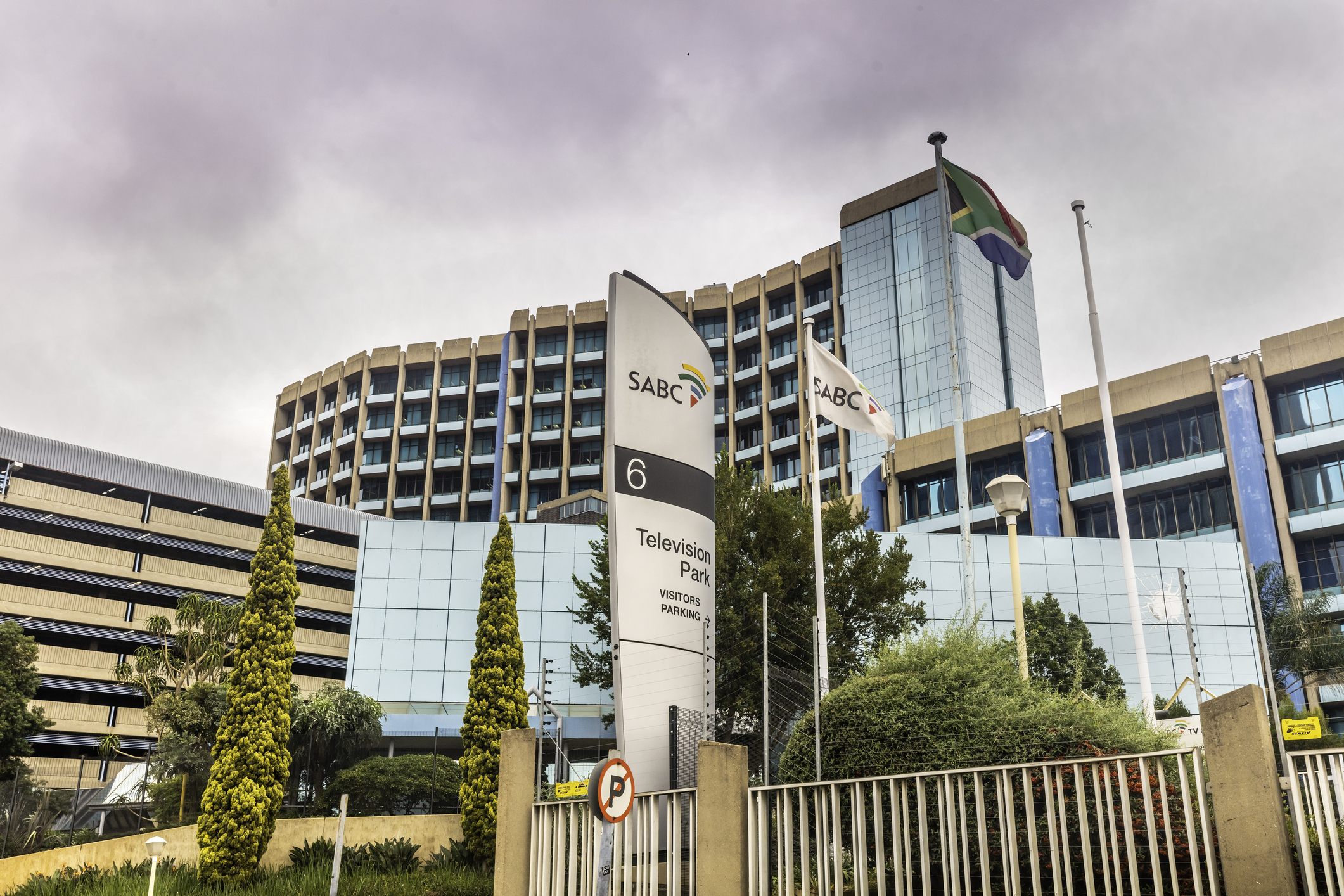South Africa’s digital TV switchover has been postponed after a last-minute court ruling extended the deadline from 31 March.
South Africa’s digital TV switchover has been pushed back until June 2022, after the Pretoria High Court on Wednesday ordered Communications Minister Khumbudzo Ntshavheni to postpone its original deadline for the end of March.
The ruling, reported by IOL, came in a case brought against the Minister by e.tv owner eMedia, Media Monitoring Africa, and the SOS Save Our Public Broadcasting group. The groups wanted the analogue switch-off to only go ahead when a minimum of 95% needy households had a subsidised set-top box installed. They also argued that the South African government failed to consult widely with all relevant stakeholders, including the public and free-to-air broadcasters like the South African Broadcasting Corporation (SABC).
While the government had said the digital TV migration would release spectrum needed for telecommunications services, opponents of the March 31 digital migration argued that the analogue tv switch-off would leave millions without television. One opponent of the 31 March switchover was public broadcaster SABC, who said that while it had been in support of the digital migration policy for more than a decade, “a premature switch-off [would] deprive millions of people from important public television services.”
As of February 2022, only 165,000 set-top boxes out of the 2.9 million indigent households (5.7%) had been installed in the four outstanding provinces, SABC said. There are at least four million households still receiving an analogue broadcast signal.
News of the extended deadline was welcomed by both sides, although supporters of the #SaveFreeTV campaign – backed by more than 70 organisations – worry still that the three-month extension would not be enough.
In an IOL report, Cape Town TV Station Manager Karen Thorne said, “We are enormously relieved that the court has chosen to take a more sensible route with the [analogue switch off], however we think that three months is not really enough time, and we are really wanting further engagement with the minister.” She said community television stations have been “completely left out of all of the negotiations” but hopes the court’s ruling will lead to a more “collaborative and more inclusive approach where community broadcasters will also be part of the conversation.”
Communications Minister Khumbudzo Ntshavheni also welcomed the deadline’s extension and the court’s ruling against e.tv’s bid to have the entire switch-off reconsidered. Minister Ntshavheni said the postponement would provide more time for authorities to install decoders for members of the public who had applied for help. However, she urged e.tv, Media Monitoring Africa, and SOS Support Public Broadcasting to “desist from further attempts to derail the process of digital migration”. She maintained that it would be “unreasonable” to further postpone the digital migration policy – which would “eventually be of benefit to all citizens” –based on some households not applying for set-top boxes.
At the moment, the biggest pushback against South Africa’s digital TV migration is the date it comes into force. The country’s digital migration has been long delayed but began in March 2021. Five provinces have already made the switch but the Western Cape, Gauteng, KwaZulu-Natal and the Eastern Cape – which together make up 68% of the country’s population – have yet to do so.
According to SABC, the migration from analogue to digital broadcasting offers significant benefits, including enhanced quality of SABC’s offerings; more content variety and choices for the public, including all 19 SABC radio stations; and the public broadcaster’s expanded competitive advantage. However, the public broadcaster warned a premature switchover would not only threaten the rights of millions of needy households but also threaten the public broadcaster’s turnaround plan. SABC’s turnaround plan was first proposed in 2018 as a strategic approach to bettering the corporation’s viability, which has been impacted by issues such as dwindling finances and mismanagement. The plan aims to “restore the SABC to good health” by dealing with governance and legacy issues; implementing critical commercial and operational strategies; and addressing regulatory and policy constraints.
According to Azola Dayile of Media Monitoring Africa and Justine Limpitlaw of SOS Support Public Broadcasting Coalition, many South Africans are unable to afford pay TV or an OpenView decoder and would lose access to the terrestrial free-to-air services provided by SABC, e.tv and community television broadcasters. “[Free-to-air] television services play an important role in providing information to the populace through their free distribution basis. They are able to provide even the most indigent with access to television broadcasts, which are a key source of news, education, sport and entertainment,” they said.
Header image: South African Broadcast Corporation (SABC) Television Park in Auckland Park, Johannesburg. It offers television facilities in Broadcast, Production and Post-production for SABC1, SABC2, SABC3, SABC Encore, SABC Sport, SABC News, SABC Education and all SABC Content in South Africa. Credit: THEGIFT777/iStock
Related Posts
26th August 2020
Insight | SABC has cut its losses and is ahead on a turnaround plan
Work over the past nine months has laid…
